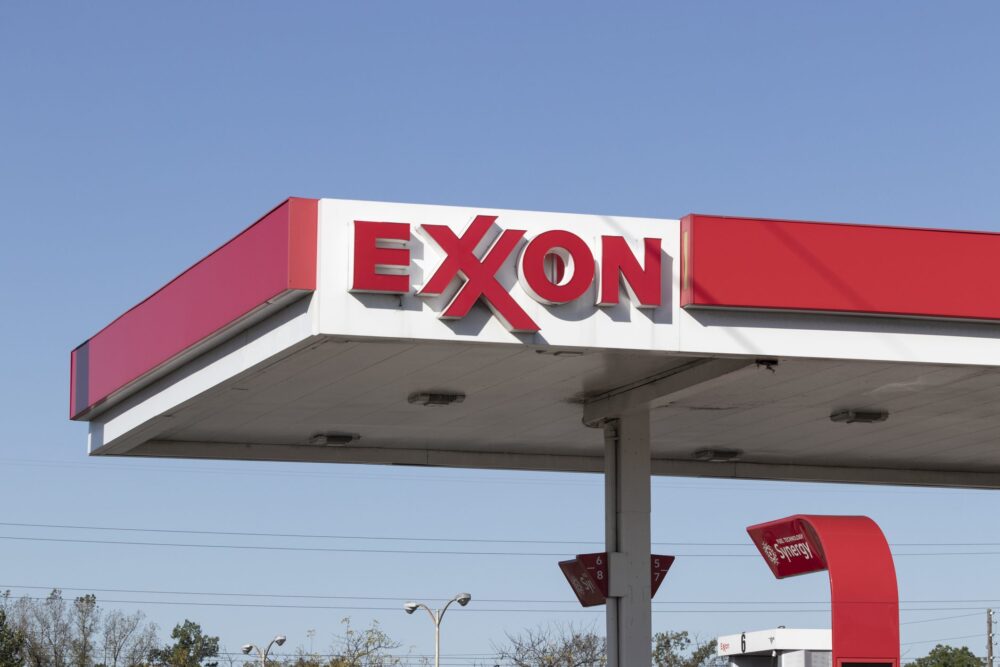On Tuesday, Exxon Mobil Corp announced a pledge and a formal plan to cut carbon emission globally to “net-zero” by 2050. The plan was first put together last year and details the reduction of emissions from oil, gas, and chemical production.
Over the next five years, the company estimates to spend at least $15 billion on green investments.
“I think you’ve got to look at it in the context of the work we’ve been doing for some time now,” said Exxon Mobil’s CEO Darren Woods. “If you go back to 2018, we set emissions reduction objectives for 2020, we achieved those. In 2020, we set objectives for 2025, and we’re working with our facilities all around the world to put in plans to make those reductions. So, there are plans behind this ambition that take us clearly through 2030 and beyond.”
Woods describes a “dual challenge” in the industry, which he says is a fight between supplying affordable, reliable energy for the people around the world, which is essential for maintaining their lifestyles, and at the same time advancing the objective of reducing its carbon footprint for the future.
In November 2021, Exxon Mobil said the company would increase spending to $15 billion to lower carbon emissions through 2027. They plan to use this spending to develop technologies such as carbon capture and storage, biofuels from algae, and hydrogen power.
Last year, Exxon Mobil’s major shareholders replaced three board members with candidates who would potentially boost returns and better prepare the company for a low-carbon world. This decision came after hedge fund Engine No. 1 pressed the company to make changes for global warming when it seemed that they were at a standstill.
Even though U.S. oil producers have lagged in embracing the goals detailed in the Paris climate agreement, Exxon Mobil’s new pledge puts them a step ahead of their rivals at Chevron Corp, who pledged last October to bring emissions only from its upstream operations to zero by 2050 and lower the intensity of emissions elsewhere.

